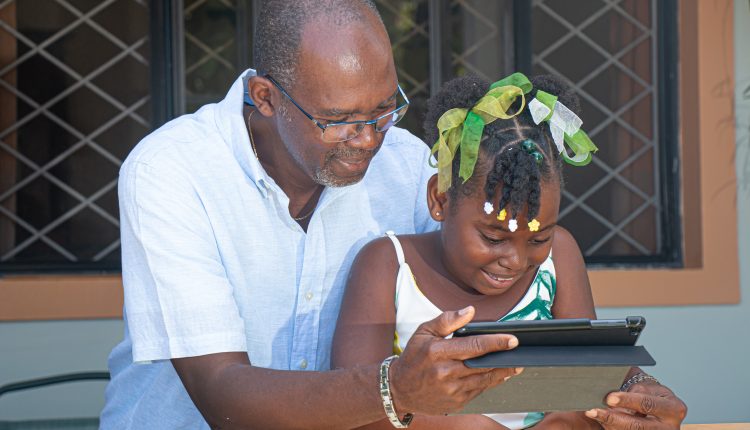OECS/USAID Early Learners Programme (ELP) to Implement virtual learning and coaching for teachers and students amidst unprecedented times!
OECS/USAID Early Learners Program (ELP) Media Release
Wednesday, March 25, 2020 — COVID – 19 is posing new and extraordinary challenges for education systems across the world, including the OECS Member States. With the recent closure of schools from 16th March 2020 in many of the participating ELP Members States including Grenada, St. Lucia, St. Vincent and the Grenadines and Antigua and Barbuda and with more closures expected, school activity will grind to a halt for an unspecified time period.
As a result, the OECS/USAID ELP, has devised a mitigating strategy to ensure the project’s expected outcome of improved reading achievement is met by the end of the school year. The focus of the strategy is ensuring the continuation of a positive learning environment through virtual and distance learning for students and their teachers as they traverse through this unprecedented period.
In implementing a strategic response to the adverse affects of COVID – 19 and recognizing that human contact must be minimized for the safety and well-being of all stakeholders, a multi-pronged approach has been adopted to ensure the previously planned outcomes are achieved, inclusive of:
- Promoting the use of virtual platforms for professional development and training of teachers during school closures. A cascading approach will be continued where webinars will be conducted with the ELP Coordinators and other literacy leaders who will in turn provide virtual professional development sessions to their Grade K-3 teachers via available online platforms. These Teacher Professional Development (TPD) sessions should lead to greater competence on the part of the teachers in strengthening the home-school connection, as they provide support to parents and caregivers.
- The Reading Certificate Course offered by the Eastern Caribbean Joint Board of Teacher Education (ECJBTE), which is an integral part of the TPD component, providing training for approximately 150 teachers, will now transition to a fully online programme in light of the risk to participants.
- Shifting the support system to the home to ensure that our primary beneficiaries (students from grades K-3) are meaningfully engaged, if not indirectly by their teachers but directly from their parents/caregivers. This will be done through an aggressive social media campaign targeted at parents highlighting the many ways to support the learning process at home.
The OECS/USAID ELP within the wider Education Development Management Unit (EDMU) will work in the collaboration the Ministries of Education within the Member States to provide the necessary support and enabling environment for continued reading achievement amongst the OECS early grade readers

